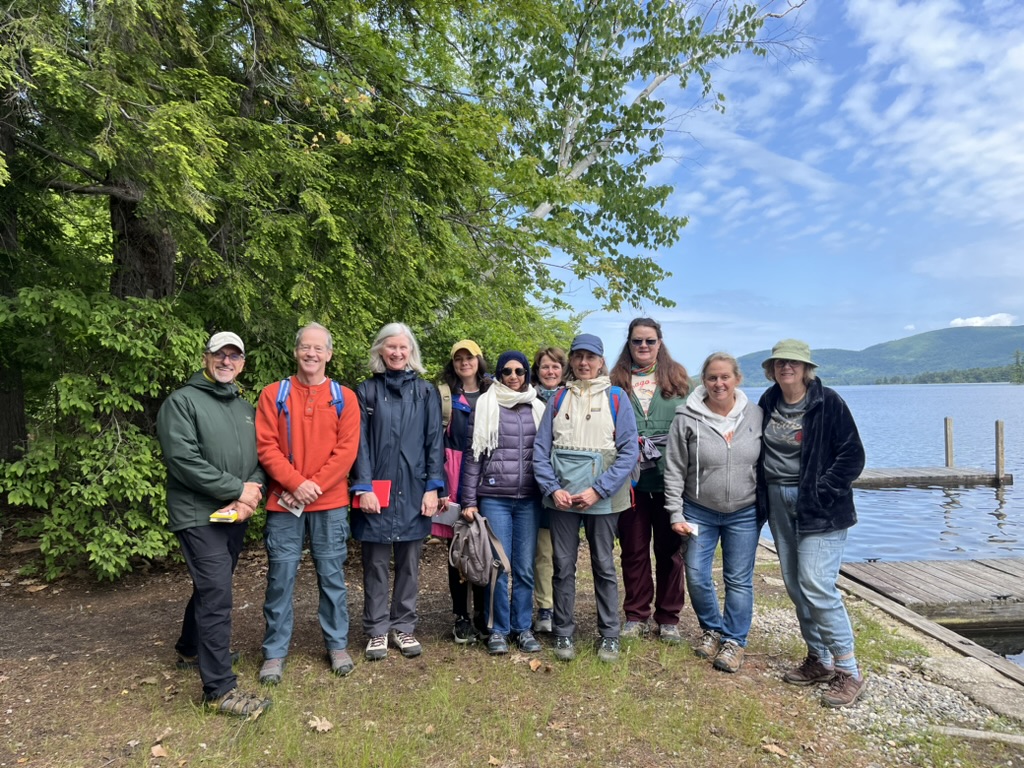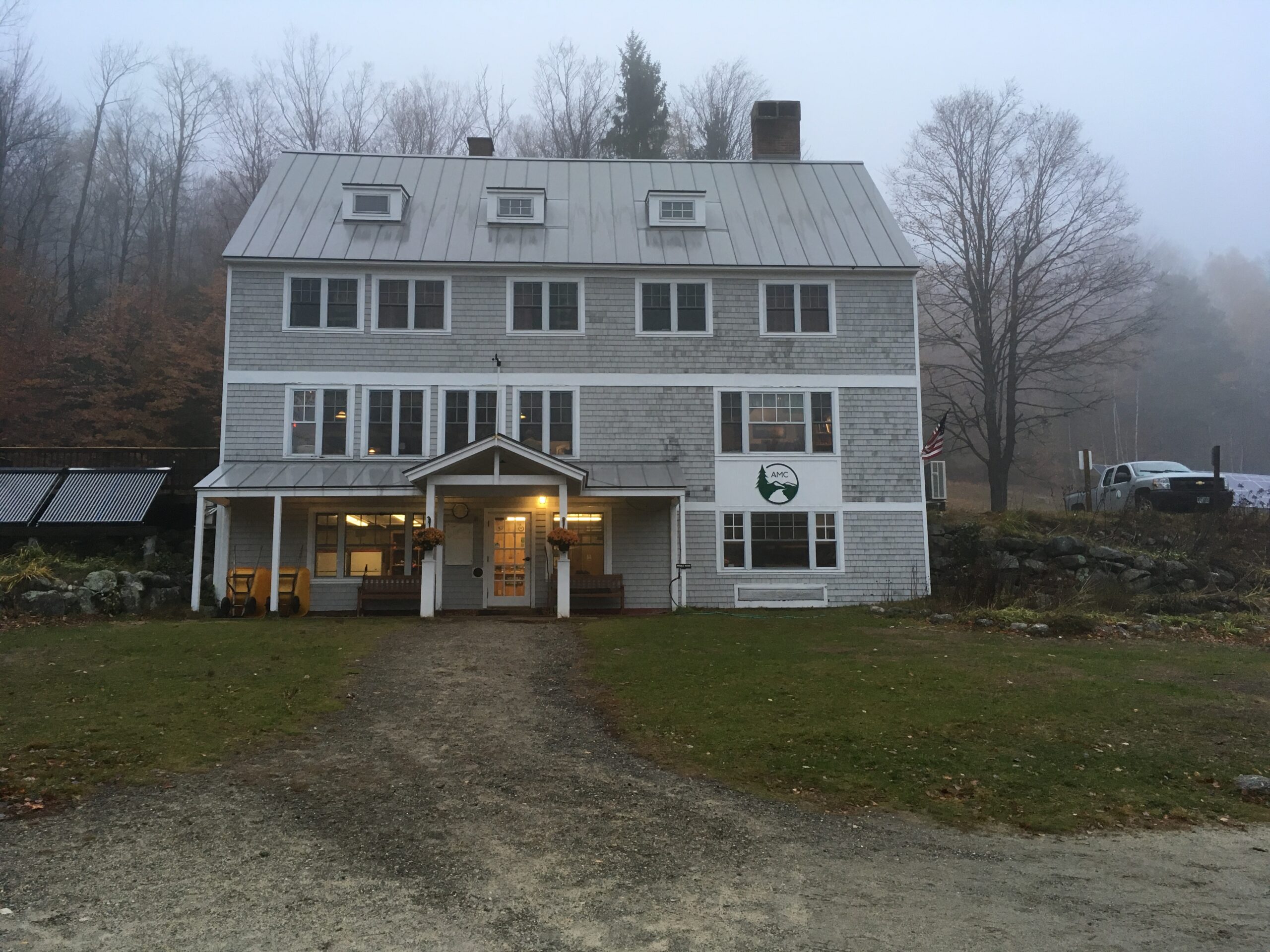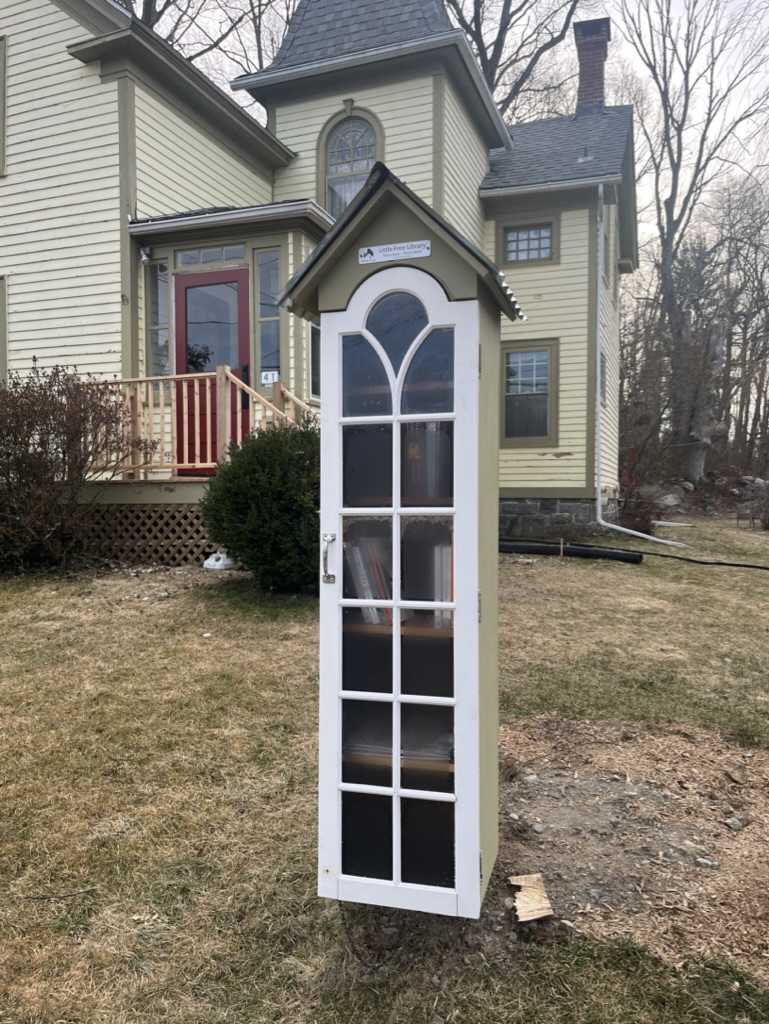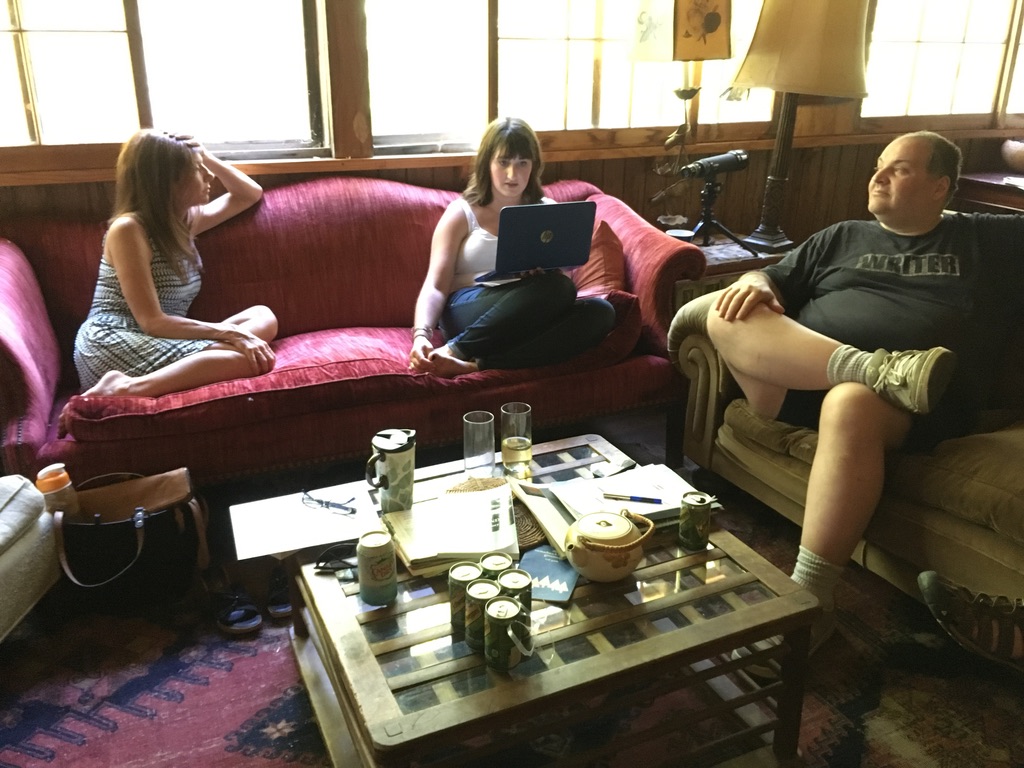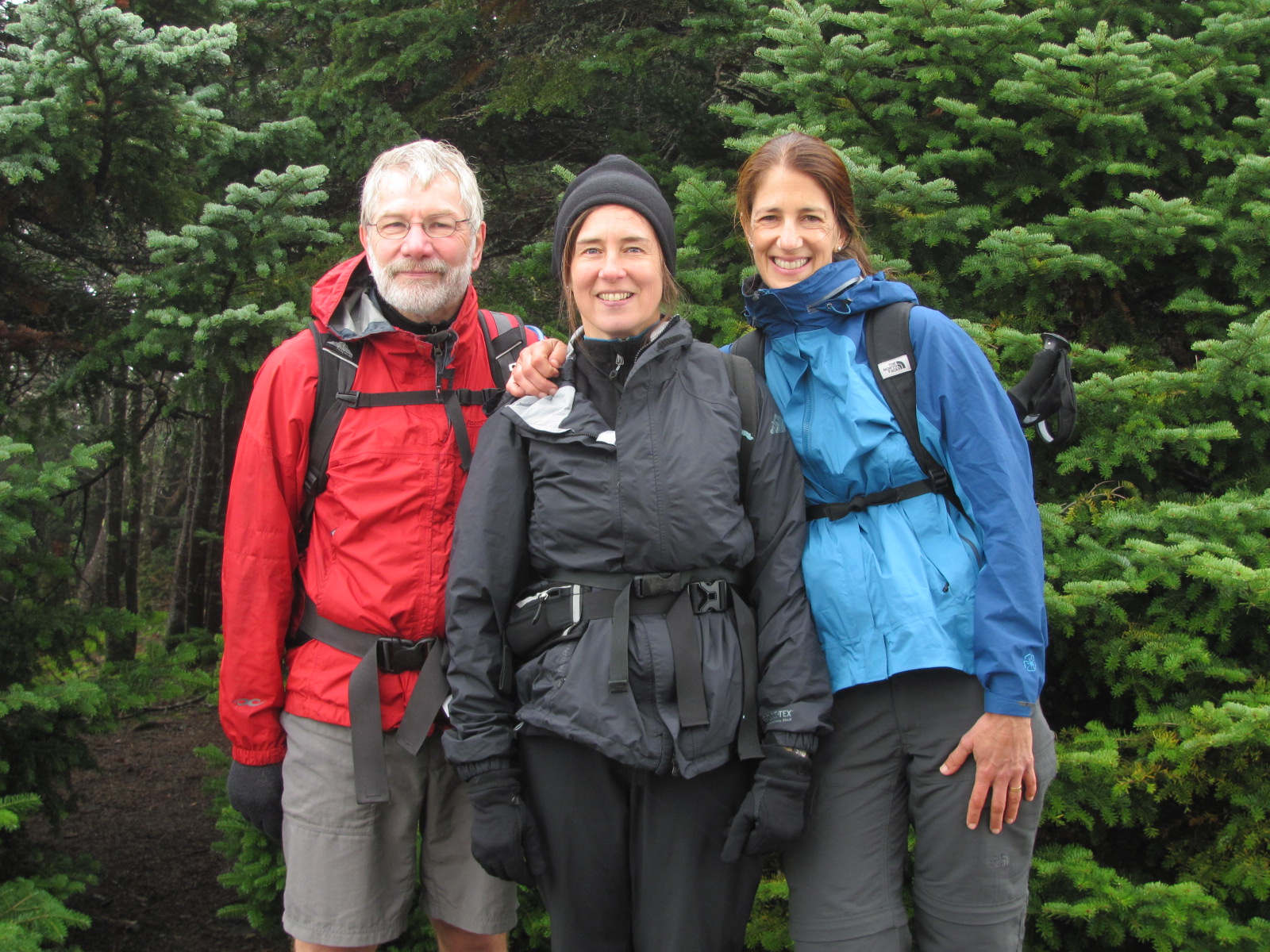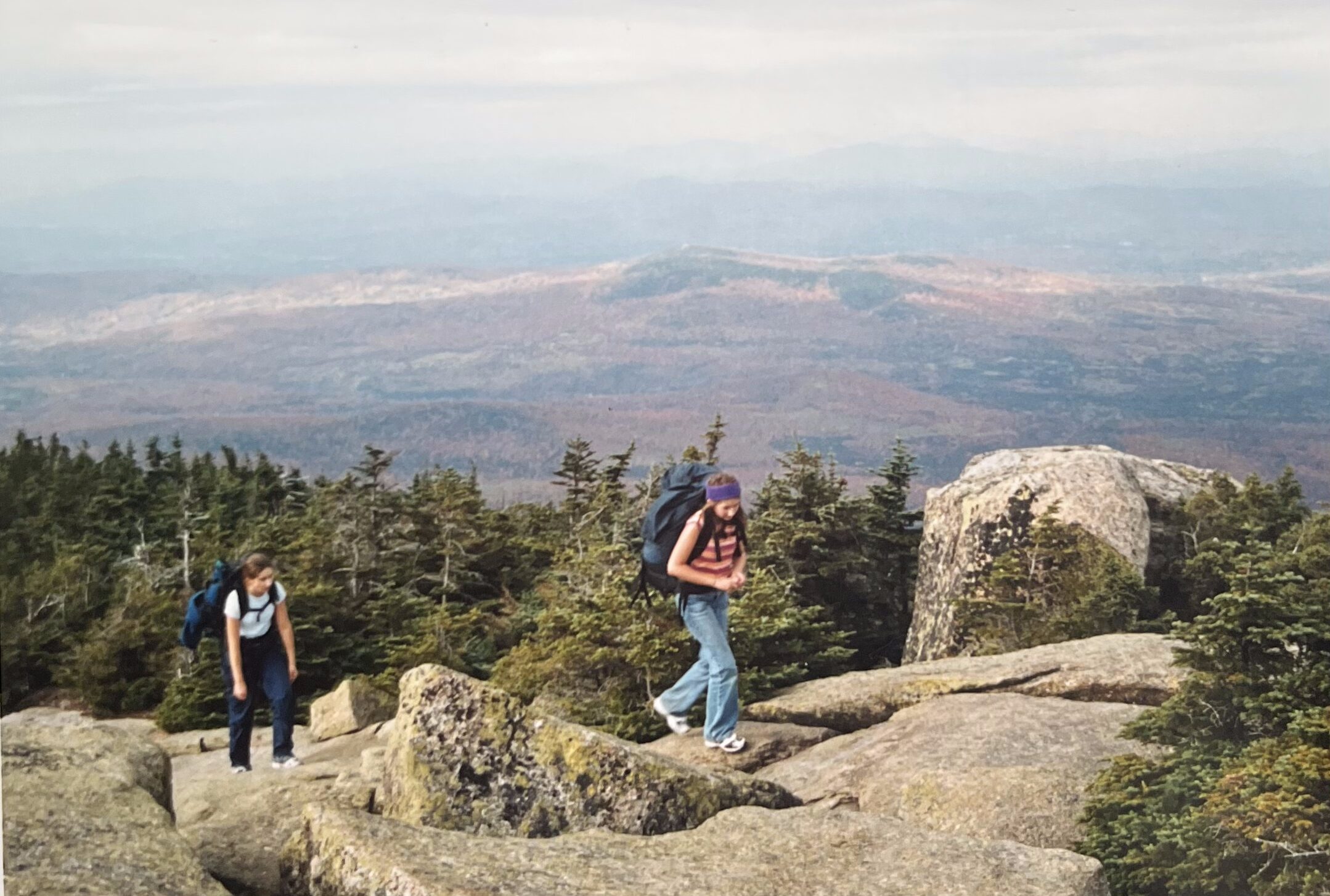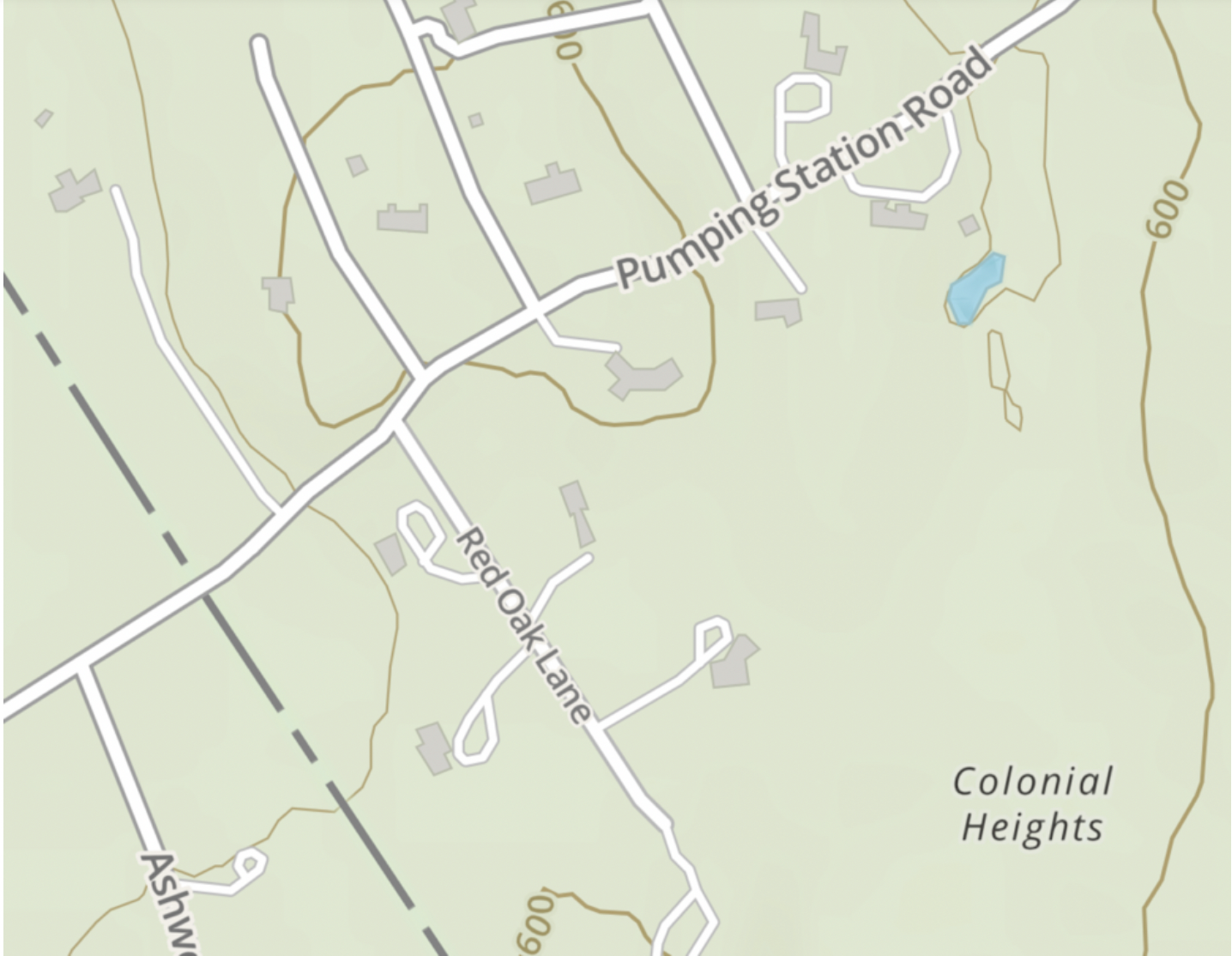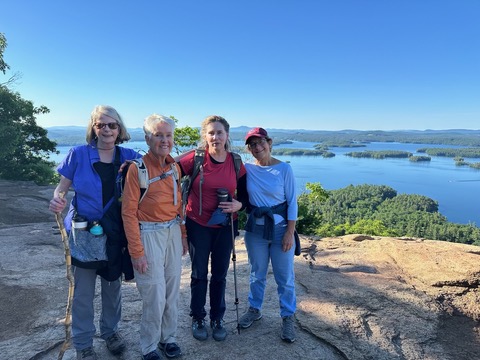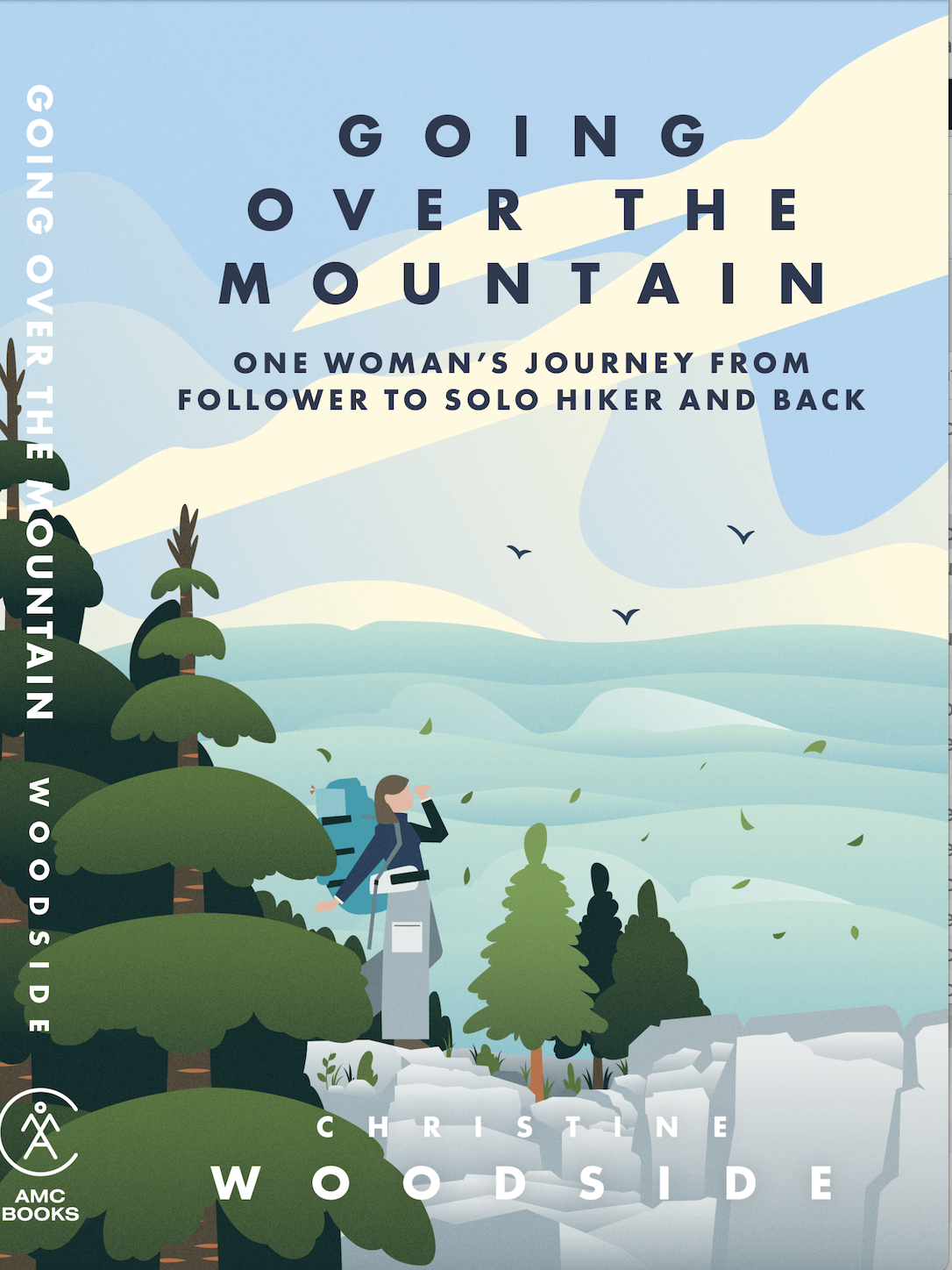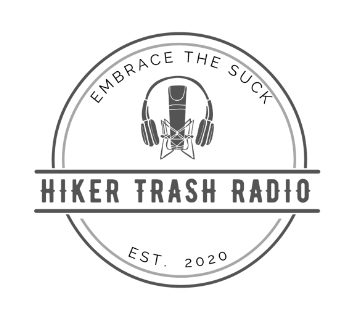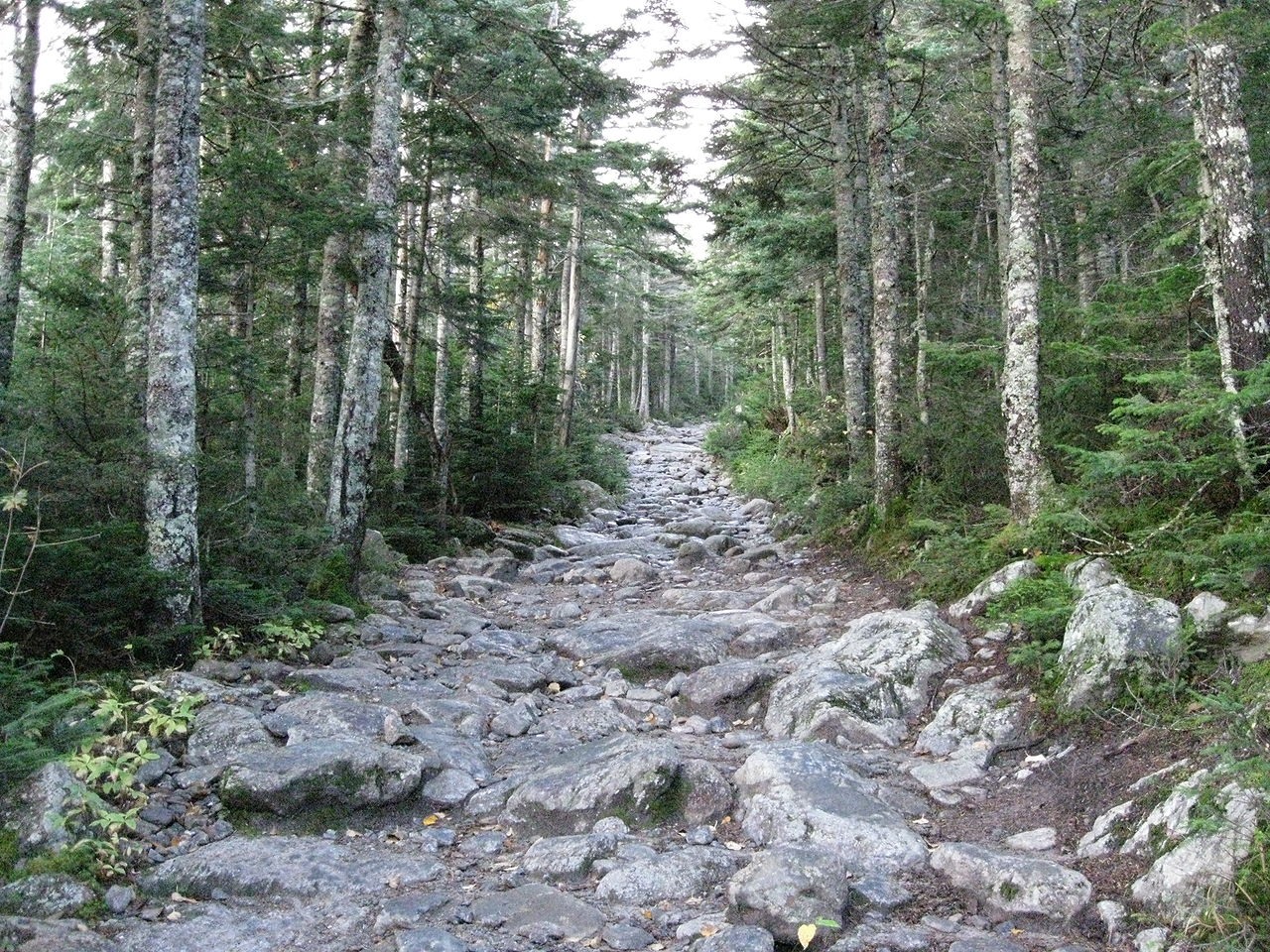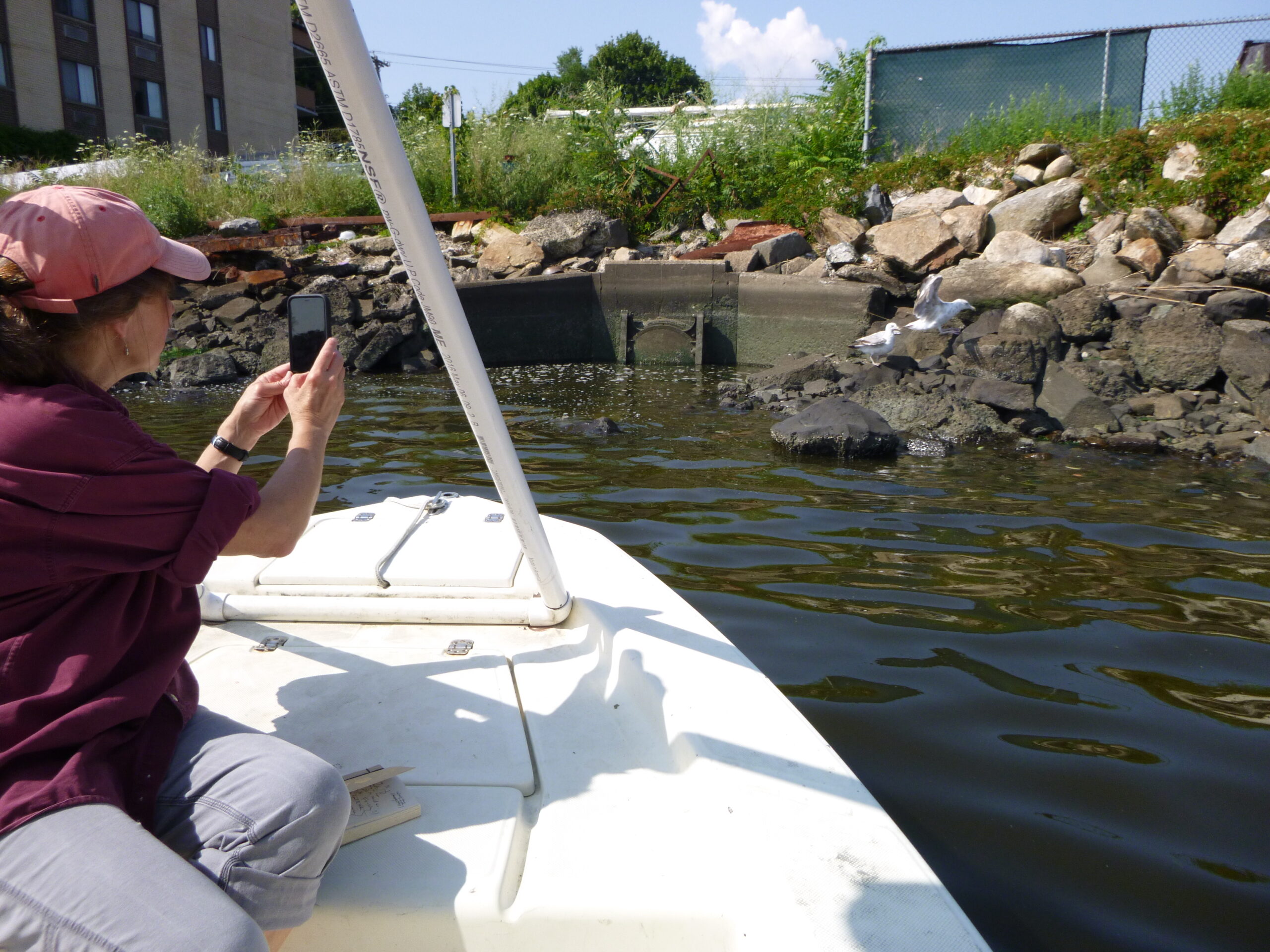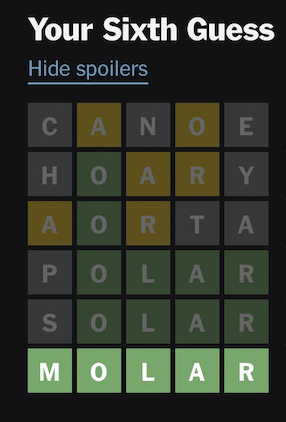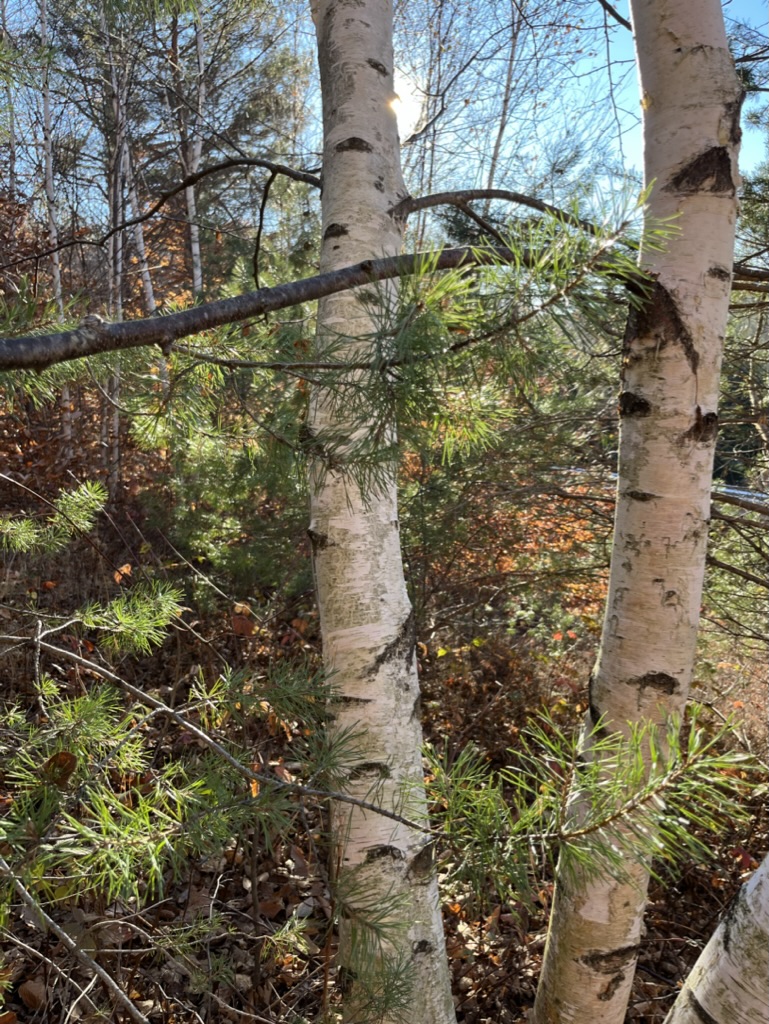Get This
Writing with Woodside, the workshop I wanted and could not find
Writing with Woodside is a unique workshop designed to reinforce your voice and your inspiration through walking, observation, and writing sessions in a beautiful lake-and-mountain place.
I started running workshops on this model back in 2011 with a winter session evening class at Wesleyan University’s former Green Street Arts Center, called Writing in Motion. Since then, I have been running shorter-duration workshops on this model, helping creatives at all stages of their writing find new words and dig deep into their writing practices. Writers who come are working on both fiction and non-fiction, long and short projects. These methods work for all.
Join me Thursday, May 28-Sunday, May 31, 2026 at Rockywold-Deephaven Camps in Holderness, New Hampshire.
Rates are reasonable and include everything from food and lodging to a boat ride, workshop materials, and my teaching. Sign up by March 1 for a 10% discount. For information about early discounts and to signup, click here.
I am a writer and longtime editor and teacher. I have edited Appalachia journal, the U.S.’s longest-running mountain journal, for more than two decades. I was editor of a quarterly, Connecticut Woodlands, for 16 years. As a writer, I specialize in the clash of people and the natural world, pollution, human behavior, and the history of farming. My three books include Libertarians on the Prairie and a memoir of exploration called Going Over the Mountain. For more than two decades I have been editor-in-chief of the country’s oldest mountaineering journal, Appalachia. I teach the history of journalism and environmental writing at the University of Connecticut. Last year I published my first short fiction story, “Pumping Station Road,” about an obsessed trail runner, in Running Wild Press.
Testimonials about previous Writing with Woodside workshops:
“It was an opportunity to both unplug and plug back in, to reset and to think ahead, to let both the mind and the body wander. Sometimes your best thinking happens when you aren’t trying to think, and that’s the beauty of what Chris provides. She gently leads but also quietly follows, providing prompts to get you started and feedback to help steer you toward clarity of words and purpose.”
—Elissa Bass, author of Waiting to Cross
I can’t thank you enough, Chris, for your thoughtful suggestions and encouragement on my first attempt to write fiction, and for the great time at RDC. I really enjoyed meeting everyone, sharing ideas, listening to the stories and eating enough bacon to last (or shorten) a lifetime.”
—Julie Ford, magazine writer
“I couldn’t have asked for a more fun and creative group! Much gratitude goes to Chris for creating such nurturing space.”
—Judy Benson, author of The Book of Todd
“I’ve attended dozens of writing retreats and workshops, and Christine’s ranks at the top of the list. During that unforgettable weekend, she challenged us to write and experience life beyond our comfort zones. The result was forward evolution in our writing.”
—The late, great Gregory L. Norris, author of Monsterland
Writing from the Mountains: A Weekend Workshop with Appalachia Journal
I am delighted to be again leading this workshop for the Appalachian Mountain Club October 24-26, 2025.
Writers of all levels and interests, join the mountains with the landscape of your writing ideas at AMC’s beautiful Cardigan Lodge in Alexandria, New Hampshire, with me, Appalachia journal editor-in-chief for the past two decades, and Elissa Ely, a writer and community psychiatrist whose radio and print pieces show unusual encounters with people on and off the trails.
Many writers already realize that their work is not merely an indoor, sedentary pursuit but that the best ideas come in a flash while we are doing other things that have nothing to do with writing. The mountains can deliver this flash. We will help you find it and write it.
Writing from the Mountains is for writers of all levels—anyone who wants to use the backcountry as a way to tell human stories.
At this workshop, you will write new words inspired by our ramblings in this mountain setting. My years of work as a professional writer and writing workshop leader will provide you with a fresh look at your calling and stirrings to write.
Trails around Cardigan are many and varied: you can hike uphill or go flat. No obligation to go any special distance during the times you go outside.
I donate my time leading this workshop for the Appalachian Mountain Club, and if you’ve been thinking about trying a workshop with me, this could be a great one to try. The rates are reasonable! Ranging from $409 for an adult AMC member to $504 for an adult. non-member. And you can bring a partner who comes along just to stay for a lower rate. AMC handles all of the arrangements. Sign up here.
The Little Library
A few years ago my brother-in-law built an outdoor library with a long, tall window he found at the dump. I had wanted a Little Library for a while, and I registered it with Little Free Library, Charter #159455. Almost every day, I notice people stopping by, perusing the books or adding some. Sometimes people pull over in their cars to do the same. I put extra copies of Appalachia journal, the mountain journal of which I’m the editor-in-chief, in there. You’ll also find novels, biographies, how-to books (a few), histories, and children’s books—I periodically buy children’s books at local thrift shops to make sure I always have something for the young ones.
Since this library went up a few years ago, the inventory has almost completely turned over two or three times. Visit it at 41 Bridge Street, Deep River, Connecticut. Take a book. Leave a book.
Rest in peace Gregory L. Norris
Before the pandemic, I would attend the Berlin Writers meetings in a local office building downtown, when I was up in New Hampshire for my writing weeks. After the pandemic, the group moved to Zoom and was able to expand and embrace some of the writers who had moved away. Although I joined them only a few times a year, I drew on the optimistic inspiration Greg exuded. He had a way of helping by pointing out the strengths of a piece and then urging improvement from the strengths.
“Write, revise, submit,” he would say.
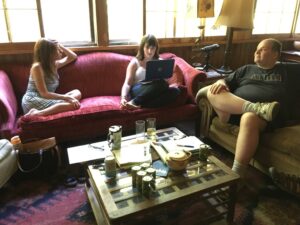 He wrote this blog post about my 2016 workshop, then called Writing from Nature. I held it that year at my in-laws’ summer cottage near Mount Monadnock, in southwestern New Hampshire.
He wrote this blog post about my 2016 workshop, then called Writing from Nature. I held it that year at my in-laws’ summer cottage near Mount Monadnock, in southwestern New Hampshire.
I will miss him and his dedication to writing as a paying career. He was such a pro.
Outdoor trudging as career builder: my interview with Mentors Collective
In an interview just posted on Mentors Collective, I talk about the many parallels between pushing one’s body and mind in the wilderness and challenging oneself in the workplace or at home.
Carrying my gear uphill, setting up camp, feeling cold and uncomfortable—sometimes almost hypothermic—means that I never mind when the elevators break, when I have to work long hours on a project, when I must go out in cold, snow, wind, or hurricane. I believe I grow when I’m uncomfortable.
I hope women reading it will be inspired to try going out on their own in natural places. I hope all people will realize that pushing beyond what they thought they could do, physically, brings huge benefits to all of life.
Contact me if you’d like a signed copy or to hear more from me at your group or community event.
Solo hiking as personal growth: me on Vision Pros podcast
How do you define courage? What does grubby rock scrambling have to do with personal growth? What obligation does a woman have to teach resiliency to daughters? I talked about all these and more on this new episode of Vision Pros.
Short fiction debut
Running Wild Press’s new Short Story Anthology arrived yesterday with my story, “Pumping Station Road.” It tells the story of Lloyd, a lobbyist and trail runner whose big solo run of the length of Connecticut from east to west hits a snag. Lloyd believes he cares deeply about living an ethical life that respects community. But trying to complete this run leads him smack into some ethical quandaries when his girlfriend, a better runner, falls ill and can’t help him.
This is my first published fiction, although I’ve been writing stories for a while. I sold another story about a hunter whose truck breaks down and needs a ride to a book that is yet to come out. Short fiction allows writers to inhabit a character’s mind either wholly or in a limited way. I loved showing only what Lloyd could see and believe while still hinting at a wider reality by writing in the third person.
I felt like celebrating when my copy of the story collection arrived yesterday. Order a copy for yourself or a reader who enjoys fresh voices in fiction.
Thanks to Benjamin White, the editor, and the LA-based Running Wild Press.
The ever moving river of ideas
Writers sometimes feel that time evaporates before they can write, or that they need something to tap into the river. That the rest of life interferes, or that when a free stretch of time does finally open up, the idea river has run dry.
It has not run dry. My workshop Writing with Woodside sends writers into the river of ideas. I started offering my workshops a decade ago because I wanted an alternative to workshops based on revision: taking a manuscript and revising it in a class setting. My workshop is different. You come with a blank notebook and an open mind. You come to move through nature and write new material with my encouragement. You do not have to show up with a piece of work unless you want to. You need not “workshop” anything. Writers are invited to read out loud bits of what they draft throughout the weekend.
The next workshop is at Rockywold-Deephaven Camps on Squam Lake in central New Hampshire, June 12-15. Rates are reasonable and include the workshop, delicious meals, comfortable rooms in a cabin, our own dock, and access to trails and the lake. Join me! Sign up here.
“I’ve attended dozens of writing retreats and workshops, and Christine’s ranks at the top of the list. During that unforgettable weekend, she challenged us to write and experience life beyond our comfort zones. The result was forward evolution in our writing. Not only highly recommended, but a must-do for writers seeking to connect with the natural world, their muses, and their own souls.”
—Gregory L. Norris, novelist and screenwriter, Monsterland (October 2024, Van Velzer Press)
Book Talk October 15 at Bank Square Books
Save the date. I will give a talk and reading from my wilderness memoir Going Over the Mountain at the new location of Bank Square Books, 80 Stonington Road, Mystic, Connecticut, on Tuesday, October 15 at 6 p.m.
Going Over the Mountain: One Woman’s Journey from Follower to Solo Hiker and Back maps the evolution of a woman through backcountry adventures. It’s a story of evolution that reaches out from the wilds and into the hearts of all who seek to understand who they really are.
Blair Braverman, author and adventurer, calls Going Over the Mountain “a reflection on entering the woods as a follower, a solo traveler, a parent, and in community, for anyone who’s turned to the trail for comfort, or dreams of trying someday.”
Erica Berry, author of Wolfish, says this book “evocatively weaves vignettes from her intrepid decades on the trail.”
Climber and author Laura Waterman says, “This deeply insightful memoir is wise and funny, easy to pick up, and impossible to put down.”
And Elissa Ely, whose essays explore interactions in the mountains, had this to say about my book: “Whether she is writing about her love for an old cooking pot or for camping in a storm with her daughters, reading T.S. Eliot poetry on the Appalachian Trail or racing to climb each New England state’s highest mountain in 48 hours, her life among the mountains reinds us eloquently that life devoted to these places will save us.”
I’ll be on Hiker Trash Radio June 3
Pick up your favorite trail snacks and get ready to hear my hiking story on Hiker Trash Radio, the podcast where Doc introduces you to all sorts of characters who have taken the trail into themselves and become different people in the process. The episode with me posts on June 3.
I’ll talk about my two trail names, why I hike with one pole if that, my love of crabwalking, taking out my daughters onto the Appalachian Trail in spring’s tempests, the glories of hiking partners, knowing when to go alone, and more.
Going Over the Mountain reading at Wesleyan RJ Julia Bookstore
Join me for my next reading from Going Over the Mountain, Wednesday, October 18 from 5-6 p.m. at Wesleyan R.J. Julia Bookstore! Sign up here. Get your own copy and have it signed.
I will read you a story. A chapters other audiences haven’t heard yet. I’ve read to audiences about my clueless following of my boyfriend; about leading my kids past dead horses, about encounters with giant snowshoe hares.
Next: I’ll read another chapter about another experience of immersion in the wilderness!
These journeys changed me and my relationships, scared me and gave me courage, delivered wild joy and sobbing, helped me like myself, and more.
I will answer questions. Do my daughters still like to walk in the woods after all the years I pulled them out there with me? Was I scared going alone? Did hiking the whole Appalachian Trail strengthen my marriage or put cracks in it? And more.
Launch party on September 10 at Breakwater Books. Reading September 13 at the Norwich Bookstore in Vermont

Breakwater Books will host a launch party on Sunday, September 10 at 5 p.m. at their store at 18 Whitfield Street in Guilford, Connecticut. Thank you, Breakwater!
The Norwich Bookstore will host my next reading and talk on September 13 starting at 7 p.m. The bookstore is at 291 Main Street in Norwich, Vermont, between the Green Mountains and the White Mountains. The store is situated just east of the Appalachian Trail and just west of the Connecticut River, the town of Hanover, New Hampshire, and Dartmouth College.
Preorder your copy now, and spread the word.
Health reporting that made a difference
 Over the past several years, I wrote environmental health stories for the Connecticut Health Investigative Team. C-hit.org’s founder and editor Lynne Delucia decided to stop publishing new material as 2022 came to a close. Delucia edited and inspired journalists at the Hartford Courant, New Haven Register, and c-hit over her distinguished career. She pulled some of my best work out of me. Thank you, Lynne.
Over the past several years, I wrote environmental health stories for the Connecticut Health Investigative Team. C-hit.org’s founder and editor Lynne Delucia decided to stop publishing new material as 2022 came to a close. Delucia edited and inspired journalists at the Hartford Courant, New Haven Register, and c-hit over her distinguished career. She pulled some of my best work out of me. Thank you, Lynne.
With the assistance of a grant from the Society of Environmental Journalists, c-hit worked with me on my three-part series on legal sewage overflows in Bridgeport, Connecticut’s largest city. The stories in “Legal but Tainted” won two journalism awards and may have inspired the progress the city, state, and federal government have made to upgrade the aging plant and its pipes.
My other stories for c-hit covered a wide range of environmental health troubles, from how easy it is to drown in unguarded public swimming areas to mosquito-borne illnesses, Lyme disease, obesity, and testing sewage for signs of Covid-19.
The stories will remain posted at c-hit indefinitely. March on over and read some of them! Here are mine.
Morning person? No. Night owl.
This morning, I tried solving the daily Wordle puzzle before I got out of bed. It took me three times as long, and I almost didn’t get it. I actually had predicted this might be true. I wake up slowly. My brain just seems less flexible until a few hours after I wake up. Is that true for you? Or are you at your best the moment you open your eyes and it’s all downhill throughout the day? That’s my husband’s assessment of his productivity pattern.
He is a morning person. I’m a night owl. We converge during the evening hours to connect in conversation. As the years have gone by, though, I’m not the same kind of night owl I used to be. I will sit up doing some work or reading after my husband goes to bed. But only for a few hours. I need to get seven hours of sleep. I don’t try to stay up all night the way I could back in the early days.
But I am very productive mentally from about 4:30 to 7:30 p.m. I try most work days to be sitting at my desk between those hours so I will receive the magic.
On days I decide to stop writing or editing before 7:30, I do so by choice. I need a good reason. Otherwise, I know I can complete drafts during that time. I know I can edit stories for Appalachia journal with a clear head then. It doesn’t feel hard.
I won’t push anymore through periods my mental focus goes fuzzy. Like 3 p.m. My father-in-law used to say that in hell it is always 3 o’clock in the afternoon. I do not work well at 3 p.m. Everything takes twice as long then. I might instead get up and take a walk. For years I used to push through those times. No more.
Understanding one’s productive times and fuzzy-brain times can open many doors to moving happily through new writing projects. Not feeling bad that I’m not a machine has helped me relax into the kind of work I feel truly called to do.
Writing below a mountain
A birch and a pine grow next to each other below Mount Cardigan, Alexandria, New Hampshire.

I just returned from leading a writing workshop for the Appalachian Mountain Club. The AMC and I began Writing from the Mountains in 2016. The year before, we had brainstormed the workshop but had to cancel with too few signups. That changed dramatically from 2016 onward. The only year we didn’t run it was during the height of the COVID-19 pandemic in 2020. In 2021 I ran the workshop at the Highland Center; we wore masks inside. This year we returned to the workshop’s roots at Cardigan Lodge.
Our group included men and women of all ages—poets, novelists, nonfiction writers, those just beginning their writing journeys and those who have published books and pieces. Everyone came with an open heart and mind.
Saturday everyone took a solo ramble, without notebooks or camera, on one of the many trails that begin adjacent to the lodge. After about two hours they returned, and I guided them in three writing excercises. First they created a kind of timeline of the morning’s evolution, in four stages. Next they made a free-range list of every detail they could recall. Third, each drafted a letter to a difficult person, telling the person about the morning.
Saturday afternoon we discussed two essays, one by the writer Sandy Stott about bushwhacking around Cardigan. He has explored that ridge his whole life. Sandy is a former Appalachia journal editor and the current editor of the journal’s Accidents section. The next essay was one of my favorites for this workshop, “Reconnaissance,” by Colin Fletcher, about a failed river crossing in the Grand Canyon. After this writer Elissa Ely, who was assistant workshop leader this year, led us in an exercise: we went back out to our morning routes for 10 minutes and explored our peripheral vision. What had we missed to the right and left of the trail?
Saturday evening, writers read some of their new work from the day’s writing. Sharing first drafts is an act of trust and courage, and the sentences were beautiful and inspiring. The positive energy of the group provides the impetus to keep going with a work. These are the moments that can make or destroy a writer.
I know we made a lot of new beginnings here.
Sunday morning we took short field trips. I instructed everyone to find one place, sit or stand there and observe. Write, sketch, photograph, and listen. Inside, we reported sightings of barred owls, salamanders, river otters, birches growing next to conifers, ice crystals on bridges, and more.
